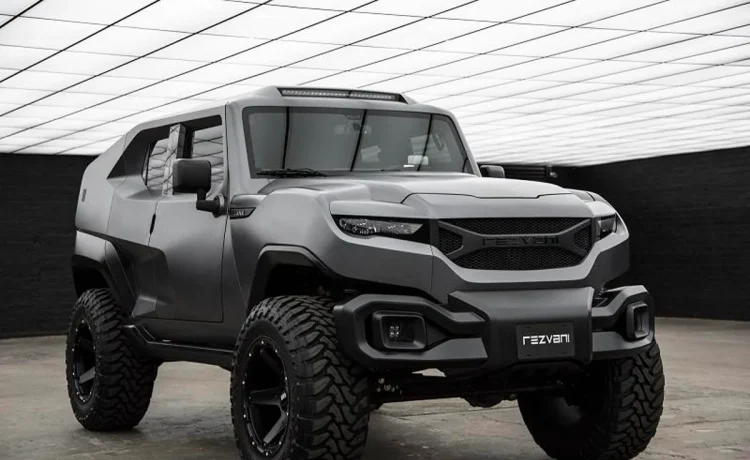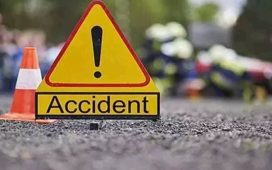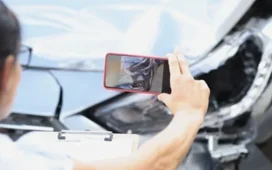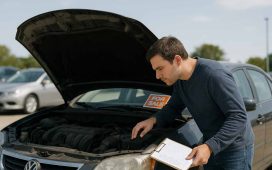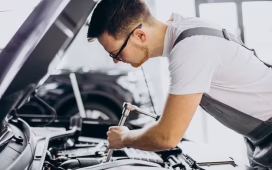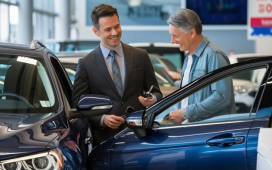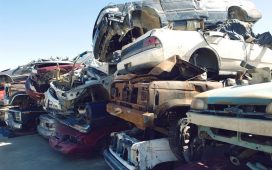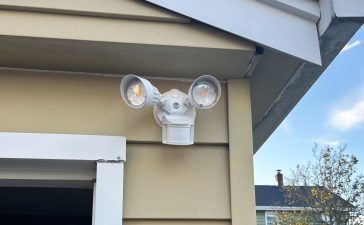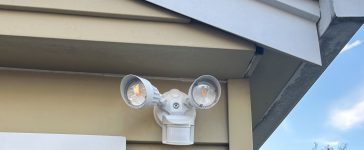Choosing the right armored SUV is a decision that goes far beyond luxury and brand appeal — it’s about safety, reliability, and trust. Whether you’re a corporate executive, government official, or private individual seeking enhanced security, finding the best vehicle that balances protection with performance is essential. In this guide, we’ll explore how to select the best armored SUV for protection, what features to prioritize, and how to ensure your investment truly safeguards what matters most.
Understanding What Makes an Armored SUV Special
Before diving into specific selection factors, it’s important to understand what sets armored SUVs apart from conventional vehicles. These SUVs are not merely reinforced cars — they are purpose-built security solutions designed to withstand threats ranging from ballistic assaults to explosive attacks.
1. Purpose and Threat Level
Start by identifying the level of protection you need. Armored vehicles are classified under different ballistic standards such as NIJ (National Institute of Justice) or VPAM (Vehicle Protection Association).
- Low-level threats: Protection from handguns and small-caliber weapons.
- Mid-level threats: Defense against rifles and armor-piercing rounds.
- High-level threats: Protection from explosives, landmines, and high-velocity ammunition.
Knowing your environment — whether it’s urban business districts or high-risk zones — helps determine the right level of armor protection.
Key Features to Look For in an Armored SUV
2. Ballistic and Blast Armor
The core of any armored SUV is its armor plating. High-quality vehicles use ballistic steel and composite materials to form an invisible shield around the passenger compartment. The most advanced SUVs include underbody protection to counteract explosive devices and reinforced fuel tanks to prevent ignition during attacks.
When evaluating options, check if the armor meets international testing standards. Reliable manufacturers often provide certification that verifies resistance levels.
3. Reinforced Chassis and Suspension
Armor adds significant weight to a vehicle. To maintain performance, the SUV’s chassis and suspension system must be upgraded. Reinforced axles, heavy-duty shock absorbers, and specialized brakes ensure stability, especially during high-speed travel or evasive maneuvers.
Without these reinforcements, even a well-armored vehicle could suffer from mechanical strain or reduced handling capability.
Interior Design and Comfort
4. Maintaining Luxury Inside the Fortress
One of the hallmarks of premium armored SUVs is that they preserve the comfort and elegance of luxury vehicles. Expect handcrafted interiors, climate control systems, and noise-cancellation features that provide a calm environment even in tense situations.
Some models also include rear-seat entertainment, privacy partitions, and built-in communication systems for secure coordination during travel.
5. Ergonomics and Visibility
Despite thick ballistic glass and added armor, visibility and comfort shouldn’t be compromised. Opt for vehicles that offer wide viewing angles, tinted ballistic glass for privacy, and adjustable seating for long journeys.
A good armored SUV feels natural to drive — it should deliver the same level of comfort and usability as its civilian counterpart.
Technology and Performance
6. Run-Flat Tires and Emergency Mobility
Run-flat tires are a must-have feature. These allow the SUV to continue driving for a considerable distance even after a puncture or complete tire failure. This capability is critical during emergencies, ensuring you can reach safety without stopping.
7. Advanced Communication and Security Systems
Modern armored SUVs integrate advanced communication networks, including GPS tracking, encrypted radios, and remote surveillance cameras. Some also feature smoke screens, sirens, or electric shock door handles for added deterrence.
These technologies act as your digital armor — enhancing awareness and providing tactical advantages in critical moments.
Manufacturer Reputation and Certification
8. Choosing a Trusted Armoring Company
The most crucial factor in selecting an armored SUV is the manufacturer’s reputation. Look for companies known for precision craftsmanship, rigorous testing, and international compliance.
For instance, Troy Armoring armored SUV models are known globally for their superior engineering, discreet design, and reliable ballistic protection. These vehicles undergo exhaustive testing to ensure durability and safety, combining military-grade protection with luxury comfort.
9. Transparency and Warranty
Reputable armoring companies provide full transparency in their production process, along with certifications and after-sales warranties. This not only ensures the authenticity of protection levels but also guarantees long-term maintenance and performance reliability.
Cost vs. Value
10. Evaluating Your Investment
While armored SUVs come with a higher price tag, it’s essential to evaluate them as a long-term investment rather than a one-time purchase. Quality armoring ensures lower maintenance costs, higher resale value, and — most importantly — peace of mind.
Always compare the total cost of ownership, including armor level, warranty coverage, and manufacturer support.
Maintenance and Support
11. Regular Inspection and Servicing
Armored vehicles require specialized maintenance. Ensure your provider offers ongoing support and access to certified service centers. Periodic checks on armor integrity, suspension, and electronic systems help maintain peak safety performance.
Regular maintenance also keeps the vehicle in compliance with international safety standards.
Final Thoughts: Choosing with Confidence
Selecting the best armored SUV is about aligning safety, performance, and comfort. The process begins with understanding your security requirements and ends with trusting a manufacturer that prioritizes both protection and craftsmanship.
When done right, your SUV becomes more than just transportation — it becomes a trusted guardian on every journey.

